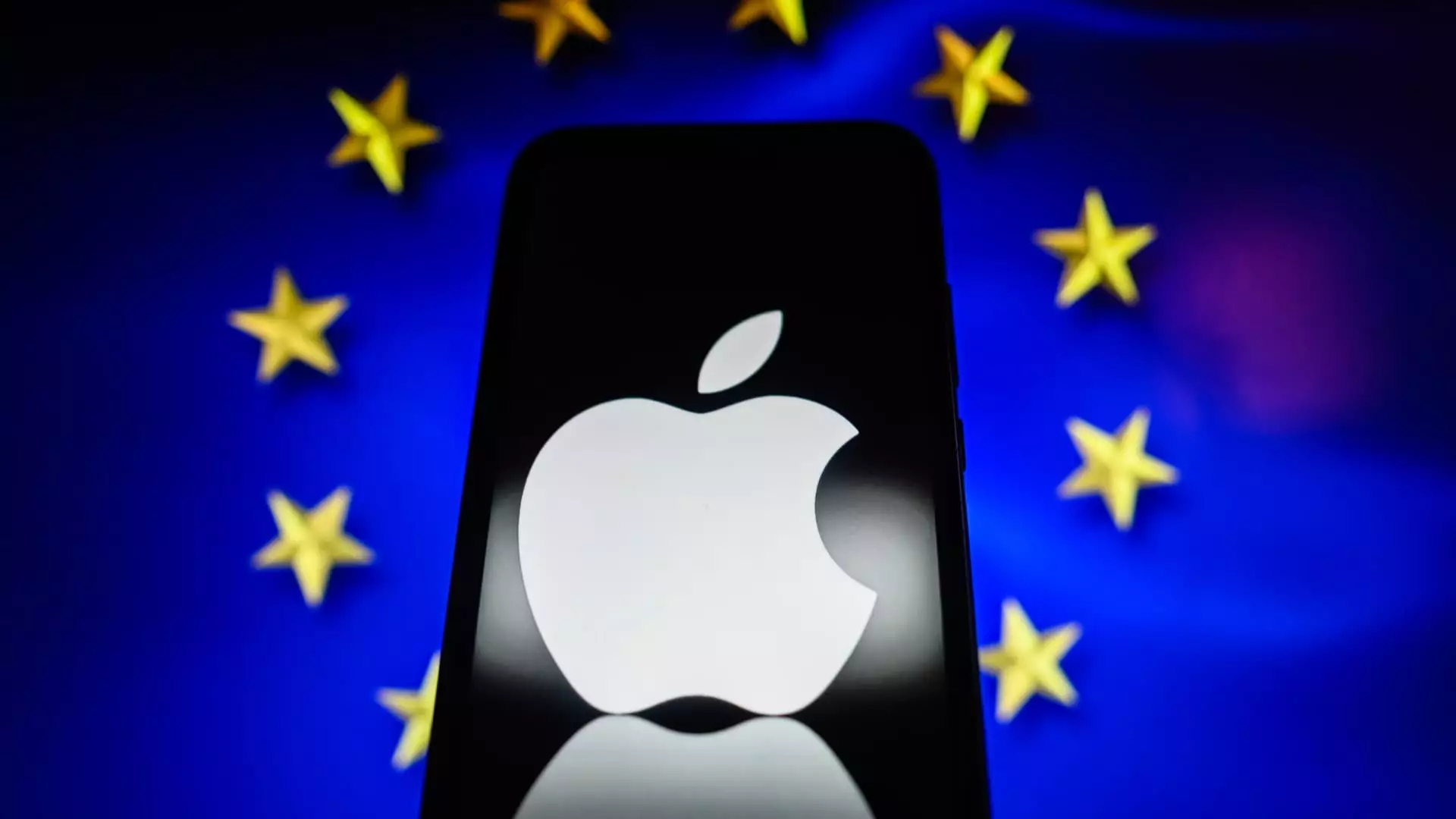On a significant Tuesday, the European Court of Justice (ECJ) rendered a verdict against Apple, concluding a tumultuous ten-year saga concerning the tech giant’s tax obligations in Ireland. This judgment arrived shortly after Apple presented a new array of product offerings, including updates to its iPhone, Apple Watch, and AirPods, showcasing the company’s continuous push to maintain relevance in an increasingly competitive tech market. The timing suggests a strategic effort to shift focus from legal challenges to innovation and customer engagement.
The legal entanglement began in 2014 when the European Commission initiated an investigation into Apple’s tax arrangements with Ireland, which served as the company’s headquarters within the European Union. In 2016, the Commission accused Apple of benefiting from illegal tax advantages, mandating the recovery of approximately €13 billion ($14.4 billion) in back taxes from the company. Apple, alongside the Irish government, contested this decision in 2019, leading to a temporary reprieve when the EU General Court sided with Apple in 2020, maintaining that the Commission had failed to conclusively demonstrate that Apple received preferential treatment under Irish tax laws.
However, this victory was fleeting. The ECJ’s recent ruling effectively invalidated the General Court’s decision, reinstating the original verdict handed down by the European Commission. This has not only forecasted a new wave of financial repercussions for Apple but also underscored the European Union’s determination to address the tax practices of U.S. tech firms operating within its borders.
In response to the ECJ’s verdict, Apple released a statement expressing its discontent. The company argued that the European Commission was attempting to retroactively alter established tax regulations and emphasized that its earnings had already been taxed in the United States. This defensiveness shines a light on Apple’s broader strategy and the ongoing difficulties it faces in reconciling its business practices with European regulatory standards.
The Irish government, on its part, downplayed the significance of the ruling, stating that the matter is now largely historical and reaffirming its position that it does not provide preferential tax treatment. This statement highlights Ireland’s lucrative tax regime that attracts multinational corporations, creating a complex relationship with EU policies that aim to curb tax avoidance.
This case is emblematic of a larger clash between the EU and major U.S. technology firms, which has gained substantial momentum in recent years. The European Commission has set its sights on multiple fronts, tackling issues ranging from data protection to antitrust regulations. Just months before the ECJ’s decision, Apple incurred a hefty antitrust fine of €1.8 billion for allegedly abusing its market dominance in the music streaming sector. This scrutiny of Apple’s practices is part of a broader initiative by the EU, notably the Digital Markets Act (DMA), designed to ensure fair competition in the digital marketplace and impose stricter regulations on large tech companies.
The repercussions of the ECJ’s ruling on Apple’s tax situation could have wide-ranging implications, not just for Apple itself, but for other multinational corporations operating within Europe. This serves as a cautionary tale about the intersection of business interests and regulatory frameworks, illuminating the potential challenges that companies could face if they attempt to navigate favorable tax regimes while facing rigorous scrutiny from European authorities.
As Apple grapples with this latest setback, the company must assess the impacts on its financial projections and growth strategies. The ongoing battle between the tech giant and the EU promises to be a defining theme in how technology firms adapt to an ever-evolving regulatory environment. Moving forward, it will be essential for Apple to reassess its operational practices in Europe, not only to comply with new regulations but also to ensure its market position remains robust amidst increasing competition.
The ECJ’s ruling against Apple is a landmark moment in the ongoing confrontation between large tech firms and regulatory authorities, emphasizing the importance of compliance and ethical tax practices in a globalized economy. The case serves as a reminder that, in today’s interconnected world, businesses must remain vigilant and nimble in adapting to an increasingly complex and scrutinized marketplace.


Leave a Reply